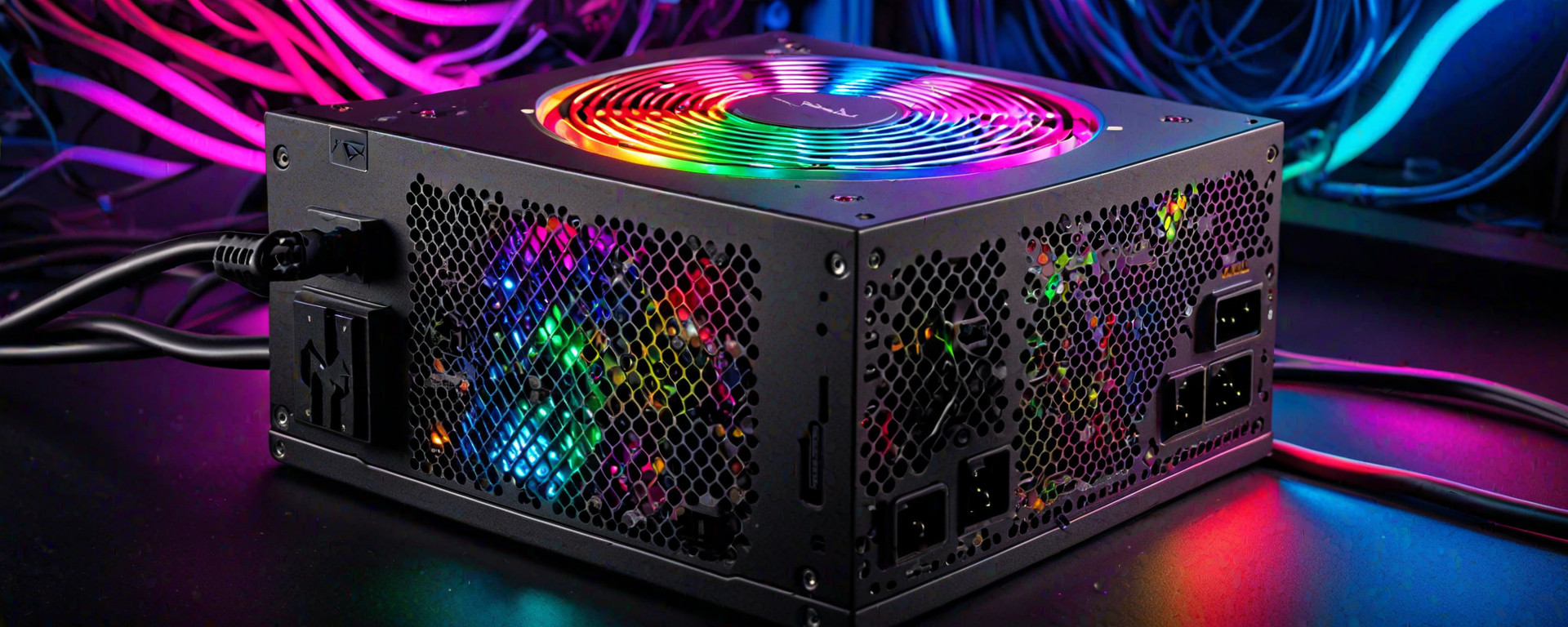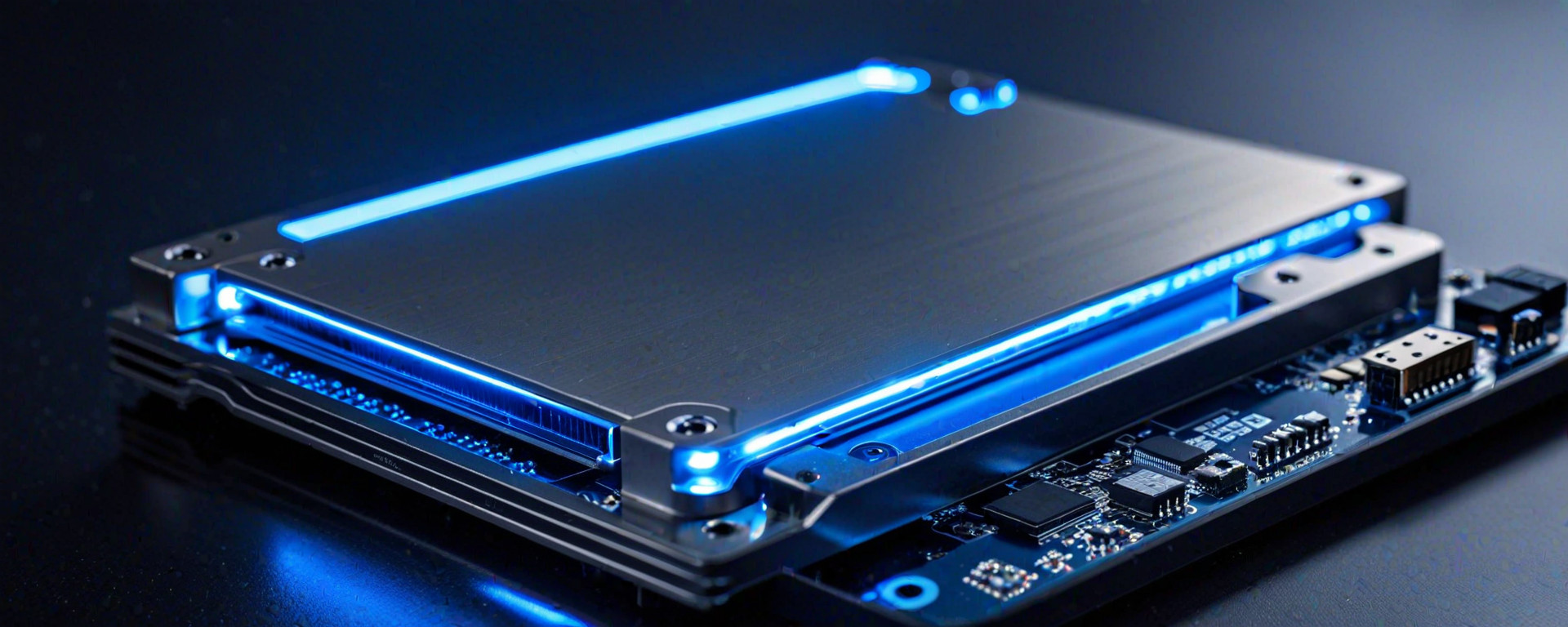Introduction
A power supply unit (PSU) is a critical component in every personal computer system. Often overlooked due to its subtle role behind the scenes, the PSU quietly works day and night to provide stable electrical power to all parts of your PC, ensuring optimal performance and longevity. This article aims to highlight why PSUs are crucial for maintaining PC health and what factors should be considered when selecting a high-quality unit.
Understanding Power Supply Units (PSUs)
A PSU is the heart of an electrical system in a computer. It converts AC power from your wall socket into DC power that can be used by various components such as the CPU, GPU, and motherboard. Without a reliable PSU, the entire PC could suffer from instability or even damage.
Different Types of PSUs
There are several types of PSUs available on the market:
- ATX: The most common type, offering robust power delivery and versatility for various configurations. They come in different sizes like ATX and Micro-ATX.
- SFX/SFX-L: Designed for smaller form factor cases but still providing sufficient power and efficiency. SFX is compact while SFX-L offers more capacity with a slightly larger profile.
Distribution of Power
The PSU distributes power through multiple connectors:
P4/EPS12V connector for CPUSATA and Molex connectors for storage devices, case fans, and peripheralsPCI-E connector for GPUs
Selecting the Right PSU
The choice of a PSU depends on several factors including wattage requirements, efficiency ratings, certifications, noise levels, and build quality.
Wattage Requirements
Determine your system's power needs using tools like Corsair PSU calculator. Typical ranges are:
- 450-600 watts: Suitable for entry-level to mid-range systems with fewer components.
- 750-1000 watts: Recommended for high-end gaming rigs and workstations with multiple GPUs.
Efficiency Ratings
Look for PSUs with 80 Plus certification, indicating their efficiency levels:
Bronze (82% minimum)Silver (85%)Gold (87%)Platinum (90%)Titanium (94%)
Noise Levels and Build Quality
Consider the PSU's noise level, build quality, brand reputation, and warranty terms.
- Noise: Fans should be quiet yet effective in dissipating heat.
- Durability: Built with high-quality components for longevity.
Comparative Analysis of PSUs
Let's compare three popular models:
| Model | Wattage | Efficiency | Noise Level | Price (USD) |
|---|---|---|---|---|
| Corsair RM750x | 750W | Gold | Low | $149.99 |
| AORUS 850W | 850W | Titanium | Very Low | $219.99 |
| Cooler Master MWE Gold 650 | 650W | Silver | Moderate | $89.99 |
Pros and Cons of Each Model
Corsair RM750x:
Pros:High build quality, Gold efficiency rating, low noise.Cons:Slightly expensive for the wattage range.
AORUS 850W:
Pros:Titanium efficiency, excellent performance, modular design.Cons:High price point, best suited for high-end builds.
Cooler Master MWE Gold 650:
Pros:Affordable, Silver efficiency, good reliability.Cons:Moderate noise level, less efficient than competition.
Troubleshooting Common Issues with PSUs
Frequent issues include:
- Poor Power Delivery: Causing system instability or shutdowns. Check if cables are securely connected and replace faulty components.
- Noisy PSU: Indicates dust accumulation or failing fan bearings. Clean the PSU and consider replacing it if necessary.
- Component Damage: Indicates insufficient power supply leading to overheating or failure. Upgrade your PSU to meet system requirements.
Frequently Asked Questions (FAQ)
Q: How do I know which PSU is best for my build?
- A: Use a PSU calculator, consider efficiency ratings, and budget constraints. Choose based on your needs.
Q: What does the 80 Plus certification mean?
- A: It measures electrical efficiency under different loads. Higher tiers indicate better performance.
Q: Can a PSU affect system stability?
- A: Yes, inadequate power supply can cause instability or shutdowns due to insufficient voltage regulation.
Conclusion
Selecting the right PSU is crucial for a stable and efficient computer build. Carefully evaluate your needs, prioritize efficiency and reliability, and consider brand reputation and warranty terms.
This comprehensive guide should help you make an informed decision when choosing and troubleshooting PSUs in your builds.








